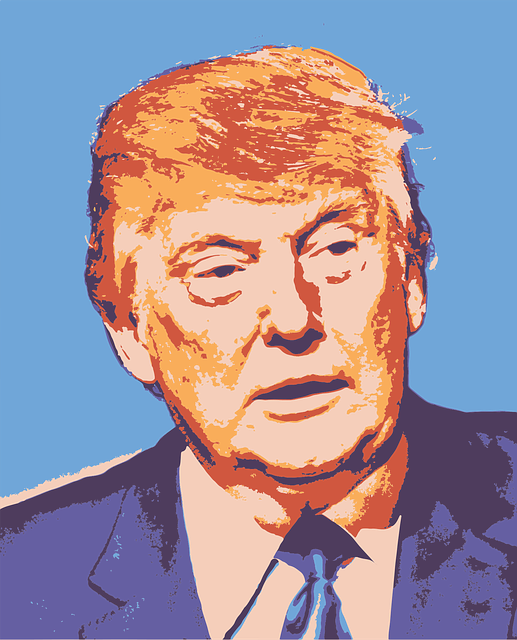
Foxes in the Temple of Democracy
While I was not comfortable with the Christian rhetoric and imagery, watching the storming of the Capitol recalled religious imagery for me, too. As a child, when I learned of the temple’s destruction in Judaic Studies classes, I subconsciously pictured the hallowed halls of the American government that we’d see on school trips to Albany or Washington D.C. They were the closest thing I’d seen to something as sacred as the Temple. They were untouchable, protected.
Though I’m loath to infuse politics with religious zeal, I couldn’t help but see in the Trump supporters desecrating the capitol the Romans desecrating the Temple. Indeed, these (mostly) men are idolators — holding up Trump as a deity, and spreading his gospel throughout a building that forms the bedrock of our democracy. One only had to look outside to the ‘Jesus 2020’ banners to see that extreme forms of religion are tied intimately to this attack, and Trump’s base.
Legend (or the Talmud, rather) has it that when the Jewish Temple was destroyed in 586 BCE, a group of rabbis cried while Rabbi Akiva laughed (Makkot 24b):
“Rabbi, why do you laugh as our temple is burned?” asked the bewildered and grief-stricken rabbis.
“If this is what God allows non-believers to do, imagine what is to come for us,” he replied. The other rabbis were confused.
And this is a less than reassuring metaphor for our democracy. We have watched as non-believers in the merits of democracy gain powerful political office and national acclaim. But there is another version of this story.
One day a group of rabbis was walking by the destroyed Temple and saw a fox scamper through the Holy of Holies. The majority of the rabbis cried while Rabbi Akiva laughed. Much as they did before, the rabbis ask Rabbi Akiva why he laughed.
He replied, “The prophecy of Uriah mentions animals of the forest defiling the temple. Before Zechariah’s prophecy of elderly Jews sitting tranquilly in Jerusalem may come true, we first have to experience Uriah’s, as Uriah prophesied before Zechariah.”
The others responded, “You have brought us great comfort, Rabbi.”
On Wednesday, while I was immobilized by the news, my younger brother laughed. Maybe out of shock or confusion or the absurdity of reality. I don’t believe that his giggle, like Rabbi Akiva’s mythic laughter, had a deeper meaning. But if I’ve learned anything from the last year, it’s that we can’t sit only in tearful anxiety and existential dread. We must also continue to pay attention to the skepticism that can underlie laughter. And while we can rarely laugh at ourselves, we must at the very least hear the laughter of others.
I spent most of Wednesday night puzzling over whether this was the last gasp of something old or the spark of something that will continue to plague us. But maybe it’s both. Maybe in order to rebuild, a temple needs to burn. In order to purify the halls of power, they must be defiled. Maybe Zechariah’s prophecy is not so far off, now that we have seen Uriah’s.



